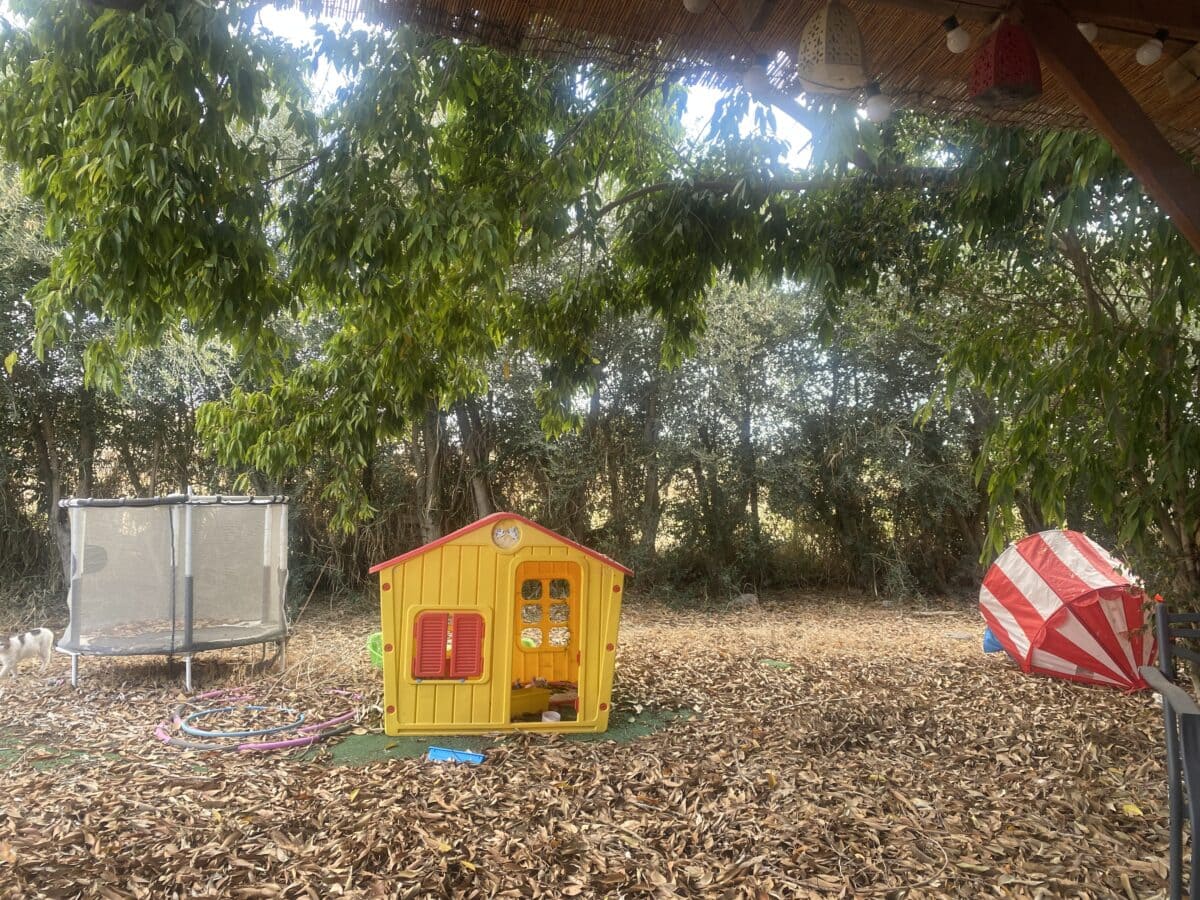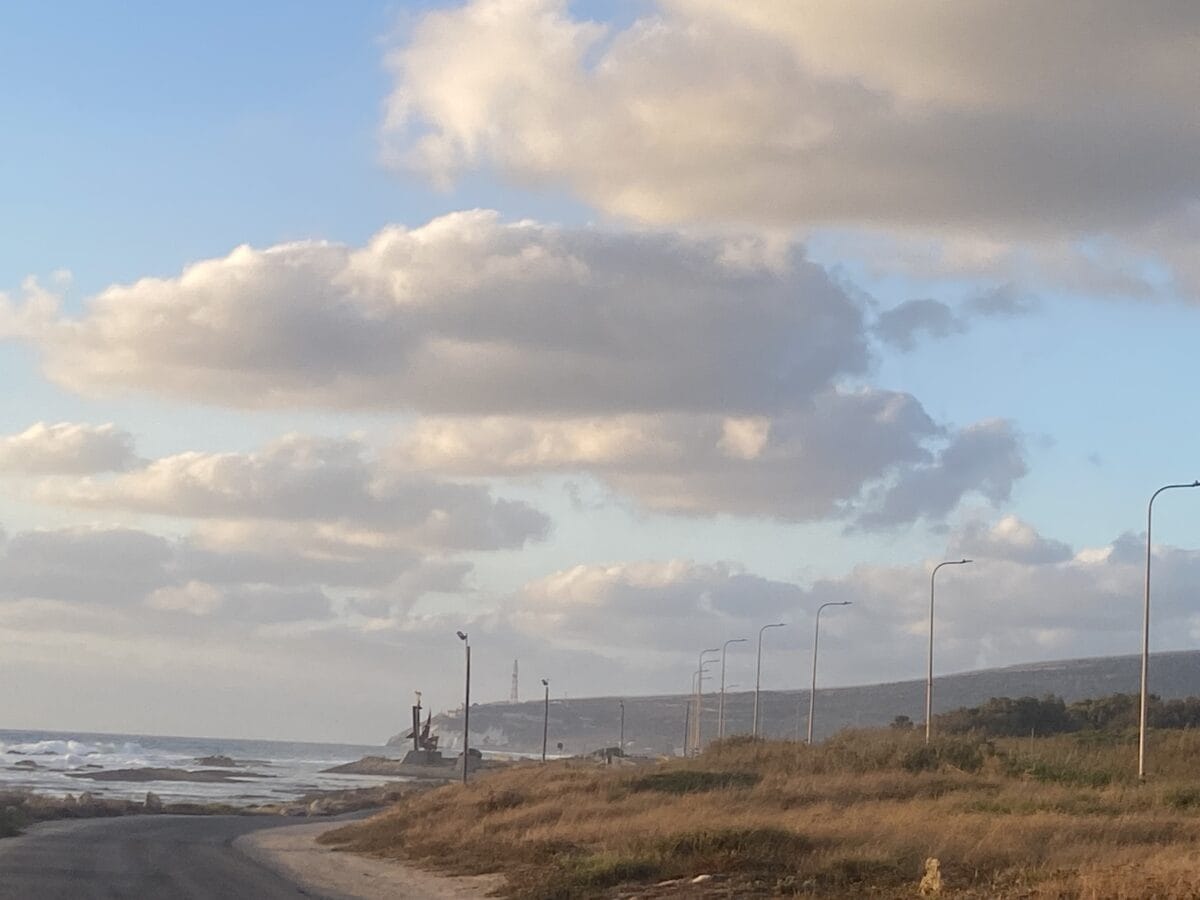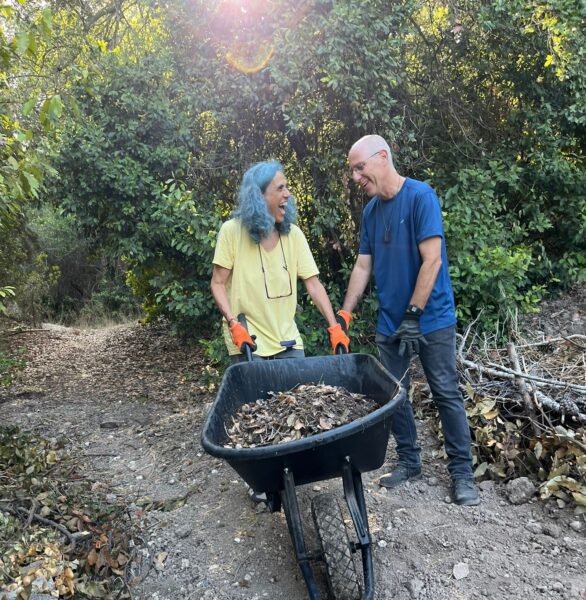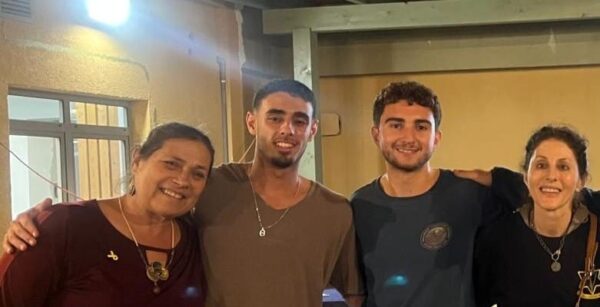As Shnat Sherut 50 Plus enters its second year of operation, the program continues to evolve with a momentum that reflects the scale of both the need and the response. What began as a bold pilot in Israel’s south is now setting its sights on the north bringing the same commitment, professionalism, and human presence to new communities along the Lebanese border.
A Proven Model in the South
Over the past year, 58 professional volunteers have been serving full-time in Merhavim, Eshkol, Sha’ar HaNegev and Ofakim. Their impact has been tangible. Teachers and therapists, social workers and welfare advocates, they have become woven into the everyday life of these recovering communities.
In a recent series of meetings with local council heads and municipal directors, the message was unanimous — the project is working. Every leader expressed their desire to expand placements next year and reaffirmed their full support. This includes assuming complete responsibility for volunteer housing, insurance, and integration into local departments. For us, this is more than a logistical arrangement. It’s a vote of confidence, an endorsement from the communities we serve that Shnat Sherut 50 Plus is truly meeting the moment.
A New Frontier: Northern Israel
In contrast to the relative stability now emerging in the south, northern Israel is still navigating uncertainty. Many municipalities are in the thick of emergency response, and there is not yet a formal recovery framework akin to the government-led Tekuma initiative. Forward planning has been challenging.
And yet, amid the complexity, progress is happening.
We are proud to share that after months of outreach and relationship-building, Shnat Sherut 50 Plus has established a meaningful partnership with the Mateh Asher Regional Council. This region is home to frontline communities such as Hanita, Eilon, Rosh Hanikra, and Arab al-Aramshe – towns and villages deeply affected by the events of the past year and situated just meters from the Lebanese border.

A high-level meeting held this week with the head of the council and all department heads was a turning point. Despite the fact that only about 60 percent of residents have returned to the area, and many families are still unsure where to send their children to school, the commitment to collaboration was clear and inspiring. The professionals in Mateh Asher are eager to work together to bring capacity, care, and continuity to their local services.
This expansion to the north represents a significant step forward for the program – not just geographically, but in terms of national impact. The goal remains the same: to embed skilled, mature volunteers directly within communities, responding to needs as they are defined locally and building trust through sustained presence and professionalism.



